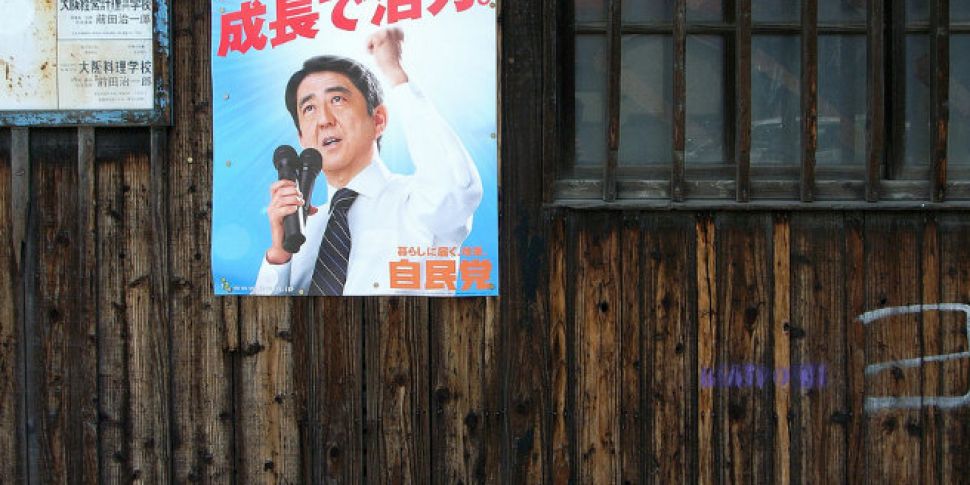Japan entered an unexpected recession in the third quarter of 2014. In the last two quarters of the year, the country has posted its worst figures since the March 2011 tsunami. GDP was predicted to experience growth of 2.1 percent, instead it fell by 1.6 percent.
After the figures were released, the US dollar hit an eleven year high against the yen and Japanese stocks plummeted.
Japan is currently facing a worst case scenario, where they are spending massive amounts of money on expansive economic policies, but failing to stimulate the economy - and increasing its already massive levels of public debt.
The poor performance is calling into question Prime Minister Shinzo Abe's ability to stimulate the economy after nearly 20 years of poor wage growth and poor consumer confidence.
Background
In spring of last year Mr Abe announced his growth strategy, a suite of reforms which soon became know as 'Abenomics'.
The project has three main components, known as the 'three arrows': massive fiscal stimulus packages, aggressive monetary easing and a series of structural reforms. This is meant to result in real and sustained economic growth.
These recent poor figures have been revealed after Japan announced a new quantitative easing programme at the end of October. The central bank has effectively been printing money and pouring it into the bond market.
This has led to a weakening of the yen, and has pushed investors out of the bond market and into the stock market. The stock market has actually experienced strong growth.
The expansion of the stock market has benefited a limited amount of wealthy people, while average citizens have not seen any increase in their income. Only 20 percent of Japanese citizens own shares, the rest of the population has seen their wages either stay the same or decrease.
As the value of the yen falling has also caused a massive windfall for exporters, but these gains have not been passed on to their employees.
The government recently increased sales tax from 5 to 8 percent. This increase was needed to help pay off some of Japan's public debt, but it has had a disastrous impact on the Japanese economy.
With most people seeing no wage increases and goods getting more expensive, the average person is worse off, so they have stopped spending, and this has seen the country slip back into recession.
Snap Election
The tax increase is part of a programme introduced by a previous government. There is a second raise due in October 2015 which would increase the tax to 10 percent. Speculation is growing that Shinzo Abe will call a snap election; making alterations to the county's tax program the central issue of the campaign.
Mr Abe indicated at last weekend's Group of 20 meeting that a further tax increase would not increase revenues; it would stop spending and lead to less money coming in to the government. It is thought that he is hoping to retain power and push the increase out to 2017.
If Shinzo Abe is re-elected is will show confidence in a long-term commitment to his policies, but if he loses then these poor economic results could seriously shake-up Japanese politics.









